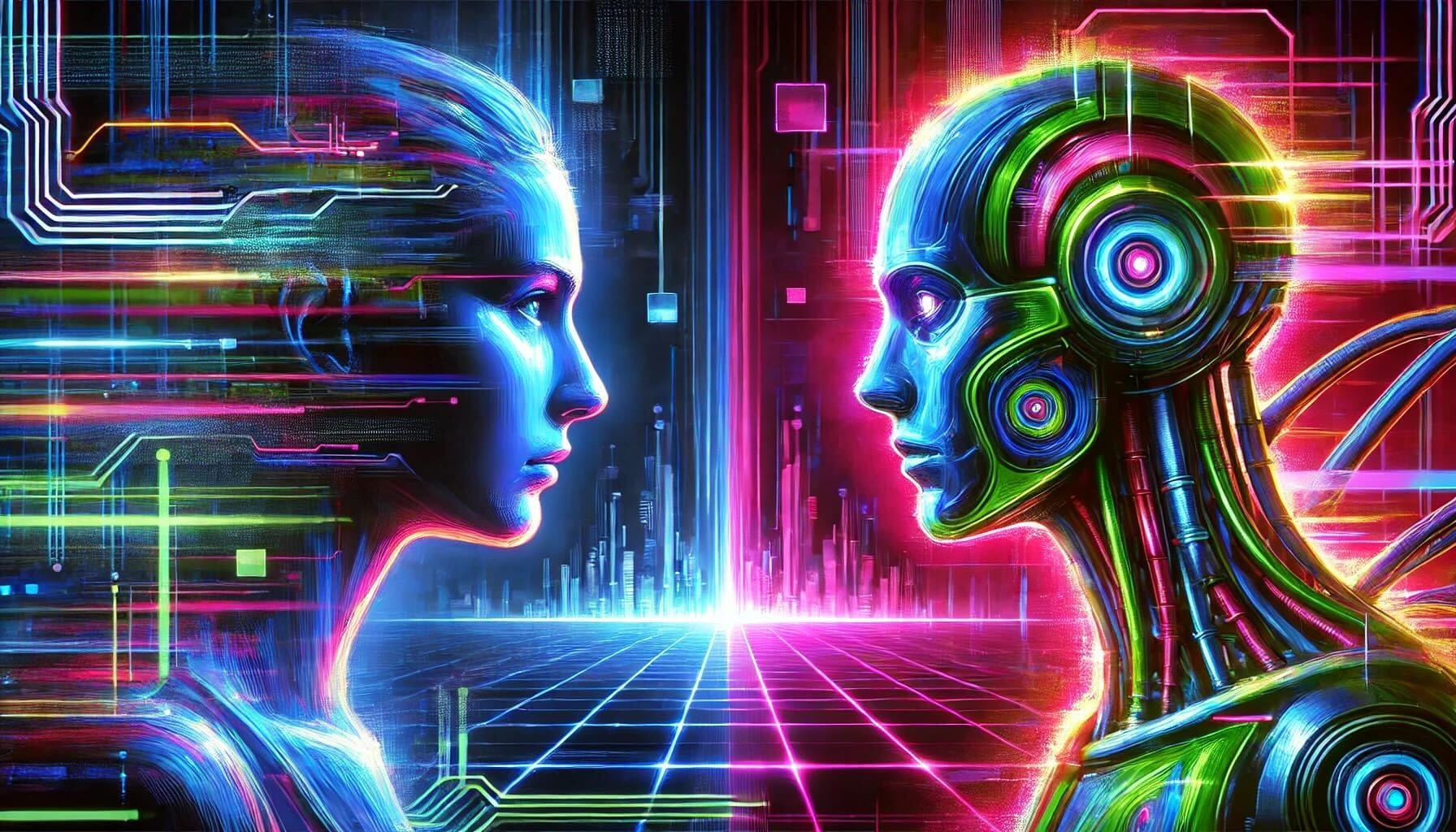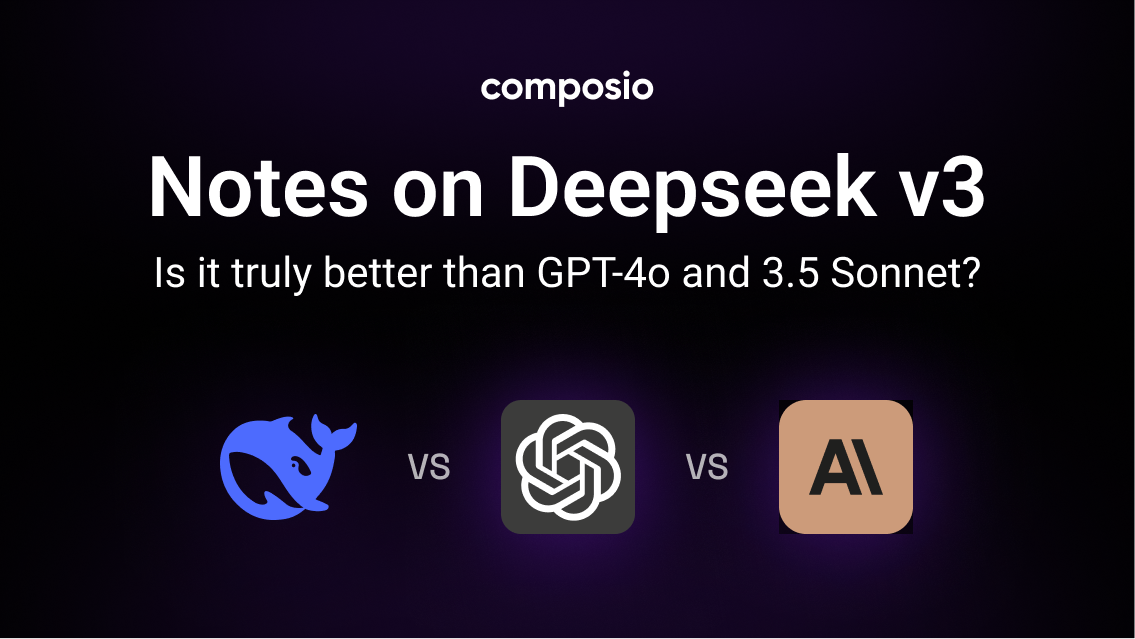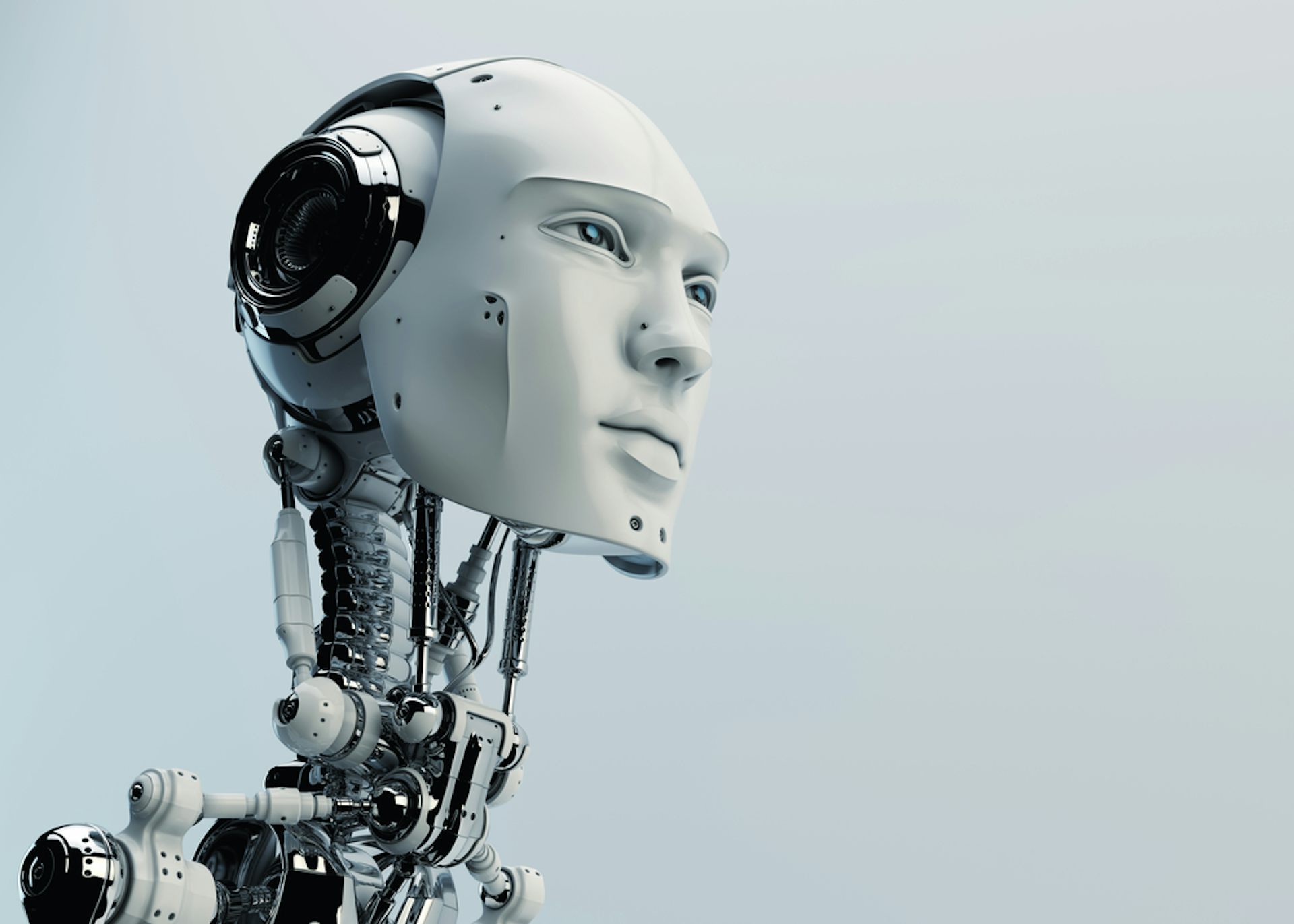EXPERT SYSTEM aND tHE FUTURE OF EDUCATION
Technology is altering our world at an amazing rate! Its sweeping modifications can be found everywhere and they can be referred to as both thrilling, and at the very same time scary. Although people in many parts of the world are still trying to come to terms with earlier technological transformations in addition to their sweeping social and instructional implications - which are still unfolding, they have been woken up to the truth of yet another digital transformation - the AI revolution.
Expert System (AI) technology describes the ability of a digital computer or computer-controlled robotic to carry out jobs that would otherwise have actually been carried out by people. AI systems are developed to have the intellectual processes that define humans, such as the capability to reason, discover meaning, generalize or gain from previous experience. With AI technology, large amounts of info and text can be processed far beyond any human capacity. AI can also be used to produce a large variety of brand-new material.
In the field of Education, AI technology includes the prospective to make it possible for brand-new types of mentor, finding out and academic management. It can likewise improve learning experiences and support instructor tasks. However, regardless of its positive potential, AI also poses significant threats to students, the mentor neighborhood, education systems and society at large.

What are some of these risks? AI can lower mentor and learning procedures to computations and automated tasks in ways that cheapen the role and influence of instructors and deteriorate their relationships with students. It can narrow education to just that which AI can process, design and provide. AI can also aggravate the around the world shortage of certified instructors through disproportionate spending on technology at the cost of financial investment in human capability advancement.
Making use of AI in education also develops some basic questions about the capability of instructors to act purposefully and constructively in determining how and when to make cautious usage of this technology in an effort to direct their professional growth, discover options to obstacles they deal with and enhance their practice. Such basic concerns consist of:

· What will be the role of instructors if AI innovation become widely implemented in the field of education?
· What will assessments look like?
· In a world where generative AI systems appear to be establishing new capabilities by the month, what skills, outlooks and proficiencies should our education system cultivate?
· What changes will be required in schools and beyond to help students strategy and direct their future in a world where human intelligence and it-viking.ch maker intelligence would seem to have become ever more carefully linked - one supporting the other and vice versa?

· What then would be the purpose or role of education in a world controlled by Artificial Intelligence innovation where people will not always be the ones opening new frontiers of understanding and understanding?
All these and more are daunting concerns. They force us to seriously consider the concerns that develop regarding the execution of AI technology in the field of education. We can no longer just ask: 'How do we prepare for an AI world?' We must go deeper: 'What should a world with AI appear like? functions should this powerful innovation play?' 'On whose terms?' 'Who decides?'

Teachers are the primary users of AI in education, and they are expected to be the designers and facilitators of trainees' learning with AI, the guardians of safe and ethical practice across AI-rich academic environments, and to function as good example for lifelong discovering AI. To assume these responsibilities, instructors need to be supported to establish their capabilities to take advantage of the prospective advantages of AI while alleviating its risks in education settings and broader society.

AI tools should never ever be created to change the genuine responsibility of teachers in education. Teachers should remain liable for pedagogical decisions in making use of AI in mentor and in facilitating its uses by trainees. For teachers to be accountable at the practical level, a pre-condition is that policymakers, pattern-wiki.win instructor education organizations and schools assume duty for preparing and supporting teachers in the proper usage of AI. When introducing AI in education, legal protections must also be developed to protect instructors' rights, and long-lasting financial dedications need to be made to guarantee inclusive gain access to by teachers to technological environments and standard AI tools as vital resources for adjusting to the AI age.
A human-centered approach to AI in education is critical - an approach that promotes crucial ethical and
useful concepts to assist regulate and direct practices of all stakeholders throughout the whole life process of AI systems. Education, given its function to secure along with help with advancement and knowing, prawattasao.awardspace.info has an unique commitment to be totally aware of and responsive to the dangers of AI - both the recognized risks and those only just coming into view. But frequently the risks are overlooked. Using AI in education for that reason needs careful factor to consider, consisting of an evaluation of the developing roles instructors need to play and the proficiencies needed of instructors to make ethical and reliable use of Artificial Intelligence (AI) Technology.
While AI offers opportunities to support instructors in both mentor as well as in the management of discovering processes, meaningful interactions between teachers and students and human growing must remain at the center of the academic experience. Teachers must not and can not be replaced by innovation - it is essential to protect instructors' rights and ensure appropriate working conditions for them in the context of the growing use of AI in the education system, in the office and in society at big.
- Straße, Hausnummer Mfactory Ltd
- PLZ Ort, Land 47906 Kempen, Deutschland
- Bundesland / Kanton Mfactory ai Cable Holding
- Land Wallis und Futuna
- Telefon Mfactory Cable CO KG
- Fax Mfactory ai Carmine AG
- E-Mail Mfactory ai & Carmine Holding
- Web Mfactory ai & Cable Solutions
- Umsatzsteuer-ID Mfactory ai & Cable Solutions


